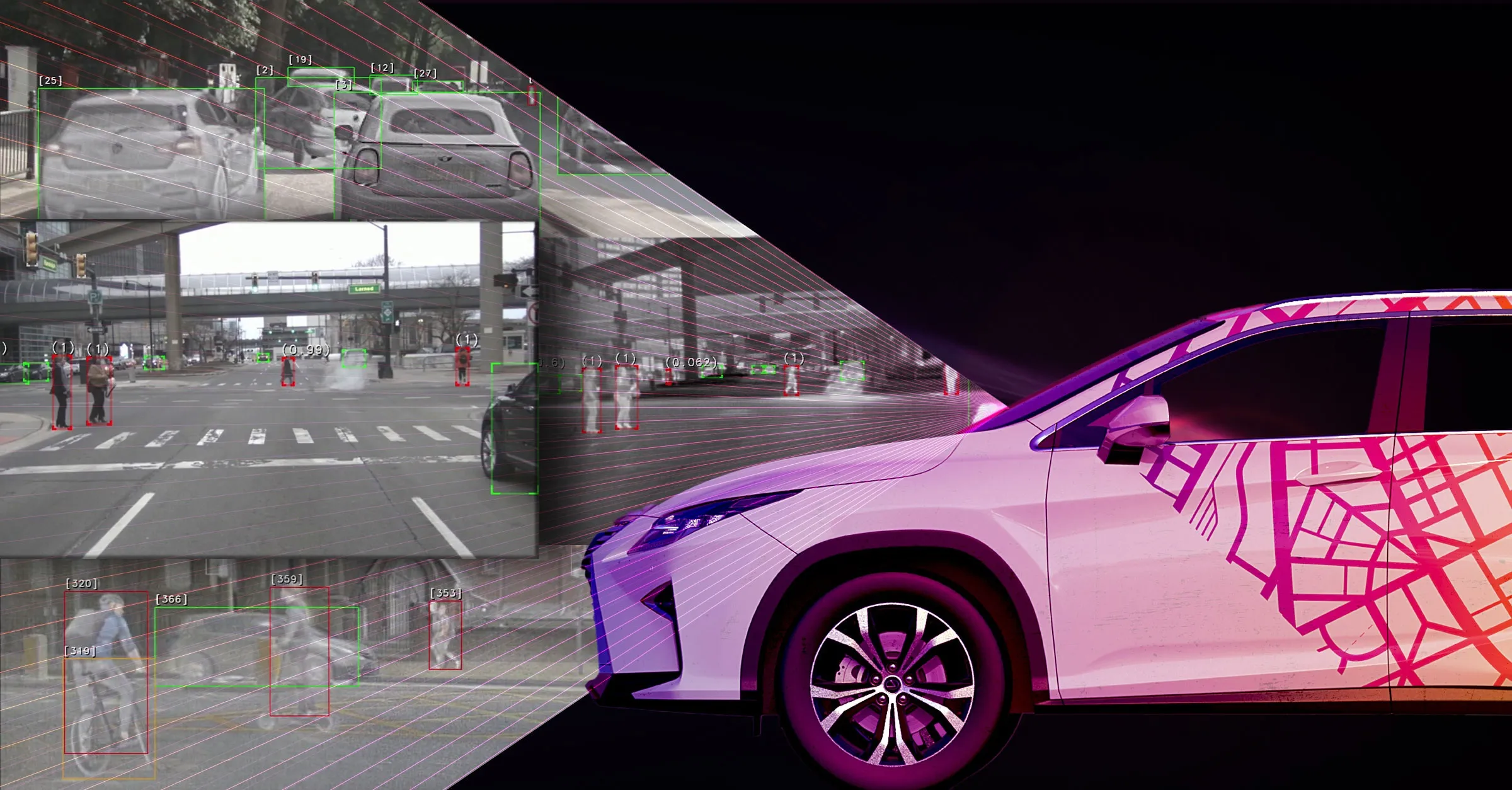
Teledyne Flir, part of Teledyne Technologies, has announced a new Prism AI release featuring a compact AI model for simplified deployment on embedded systems.
The firm says this "further enables perception engineers to quickly integrate thermal cameras for advanced driver assistance systems (ADAS) and autonomous vehicle (AV) systems, improving object tracking performance by up to 24% compared to the previous Prism AI release".
Together these features simplify the integration of automotive thermal sensors that provide superior pedestrian, animal, and vehicle detection - especially at night and in poor visibility, the company explains.
Data from the US Governors Highway Safety Association suggests a 17% increase in pedestrian fatalities in the first half of 2021 compared to the previous year and a 46% jump from 2011: Teledyne Flir says thermal systems can help to improve these figures.
Michael Walters, vice president of product management, Teledyne Flir, says: “As the Teledyne Flir AI ecosystem and tools continue to expand, we can offer integrators an unparalleled route to quickly test and decrease development costs for life-saving thermal-enabled ADAS or AV.”
Prism AI provides seven object detection classes, visible-and-thermal image fusion, advanced thermal image processing capabilities, new shadow mode recording capabilities and batch data ingestion, and more.
It can be used as the primary perception software or as reference software during in-house development.









